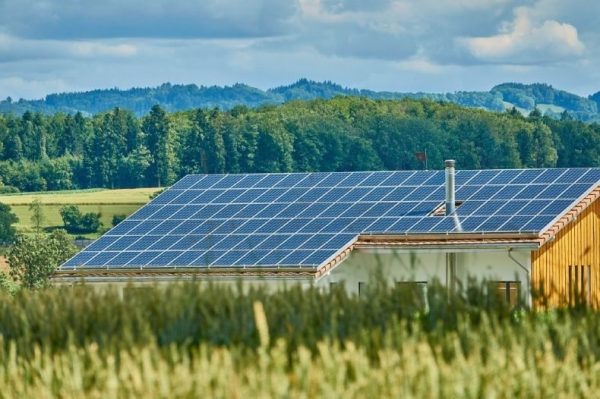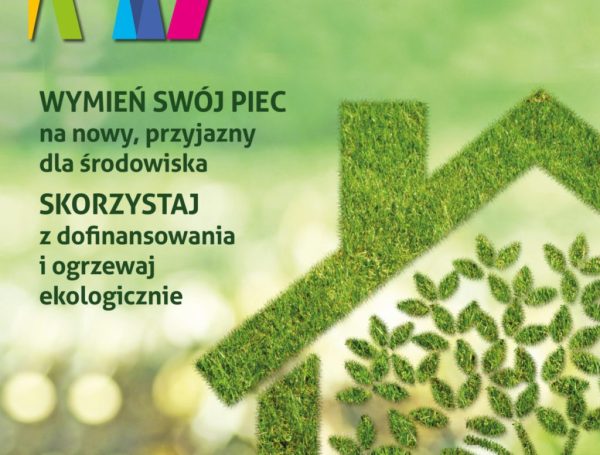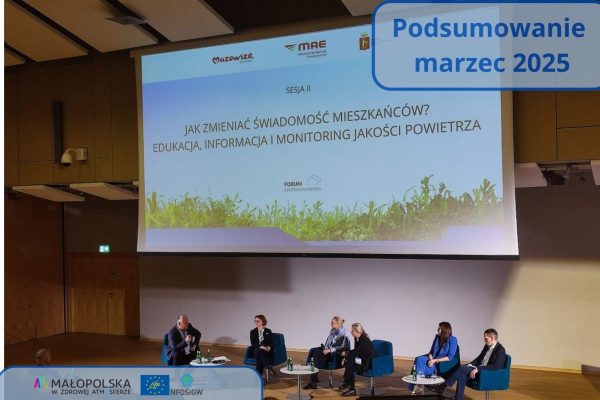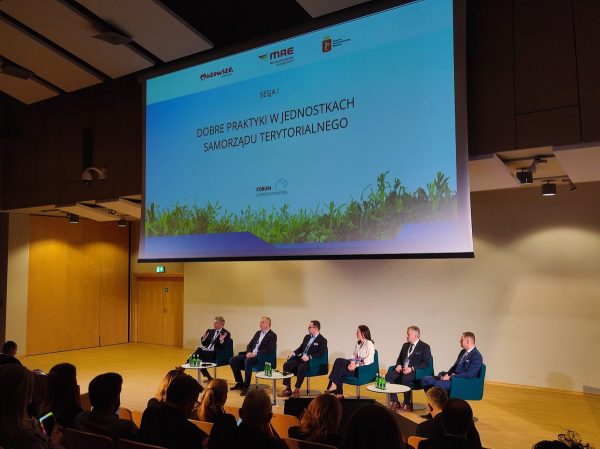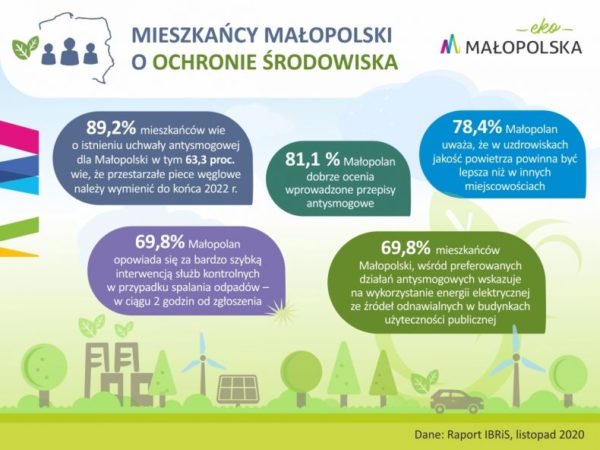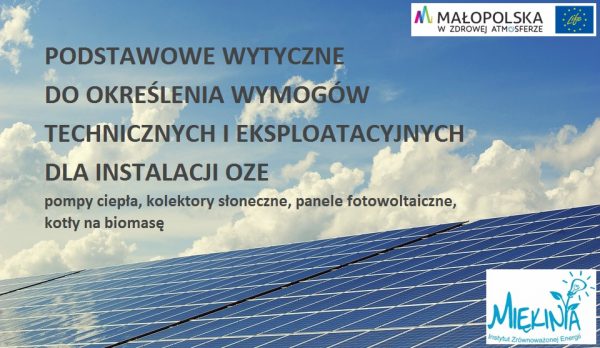The assumptions of the Energy Strategy of Poland 2040 in Małopolska are already being implemented!
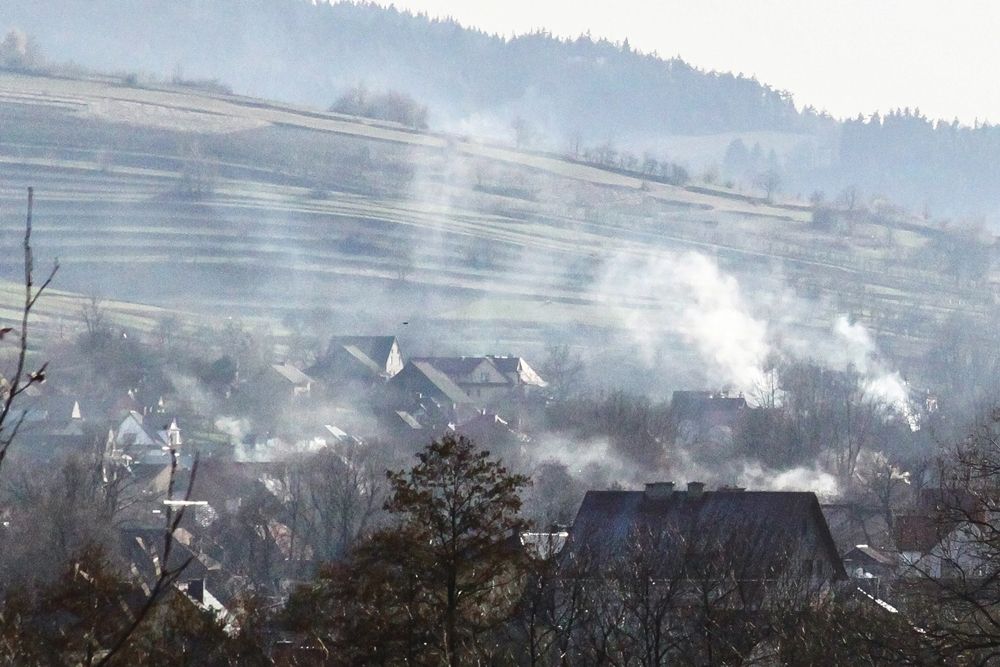
The Council of Ministers adopted a resolution on “Energy Policy of Poland until 2040”. Its main objectives are: fair transition, zero-emission energy system and good air quality, assuming that the transformation of the energy market will foster modernization of the economy and development of new technologies.
I read this document with great pleasure, because I see in it exactly the guidelines that we have adopted for Małopolska and included in the Voivodeship Development Strategy 2030.
comments Tomasz Urynowicz, Deputy Marshal of Małopolska.
Both the innovative Air Protection Program adopted last year and the LIFE IP project ECOMALOPOLSKA Implementation of the Regional Climate and Energy Action Plan implemented since the beginning of this year, as well as intensive efforts to obtain as much funding as possible from the Fair Transformation Fund are one hundred percent in line with the national strategy.
added Deputy Speaker Tomasz Urynowicz.
Clean air and clean energy
“Energy Policy of Poland until 2040” is in line with EU directives on climate change and energy policy (2015 Paris Agreement, European Green Deal policy, Covid-19 pandemic recovery plan). Among its main goals are improving air quality and developing renewable energy sources. According to the government document, the energy transition could create about 300,000 new jobs in industries related to renewables, nuclear power and electromobility.
It is gratifying that actions related to transformation of coal regions will be supported by a comprehensive government programme. In the resolution on the Energy Policy of Poland until 2040 there are provisions with which we as a region identify, as they are consistent with the provisions included in the Małopolska Voivodeship Development Strategy 2030
underlines the Marshal of Małopolska Witold Kozłowski.
Małopolska paves the way
Activities in this direction have already been carried out for several months. In October 2019, the Małopolska local government launched the START project, under which experts of the EU Platform of Carbon Regions in Transition helped to develop pilot projects mitigating the effects of socio-economic energy transition to be implemented in the western part of the region. Also the LIFE IP EKOMAŁOPOLSKA will develop pilot projects to be implemented with funds from the Equitable Transition Mechanism. Other project activities include the implementation of the Regional Climate and Energy Action Plan, creation of a map of renewable energy sources (RES) potential, preparation of a regional competence center to support counties and communes, as well as pilots on energy clusters, energy cooperatives, agricultural biogas plants and the use of waste biomass. A network of advisors on climate and environment will be established in the districts of Małopolska.
The Air Protection Program adopted in October will help accelerate anti-smog actions in all communes by organizing the tasks of self-governments. It will also introduce a number of regulations beneficial to residents – from the creation in each Małopolska municipality of an eco-advisor position and a service point for the Clean Air grant program, to support for those suffering from so-called energy poverty. The recommendations described therein – such as the ban on public funding of coal-fired furnaces effective from the beginning of this year, the ban on the use of solid fuels in Kraków, and the local anti-smog resolutions being prepared with an aim to eliminate the use of coal by 2030 – are firmly in line with the government’s energy policy objectives. According to the government’s strategy, the heating needs of all households in 2040 will be covered by system heat and zero- or low-emission individual sources.
According to the guidelines of the Polish strategy, the share of RES in the annual energy consumption by 2030 will be at least 23 percent – the Małopolska POP assumes preferences for financing renewable energy sources and obliges municipalities, counties and the province to ensure that electricity in public buildings comes from renewable sources.
Photo gallery



